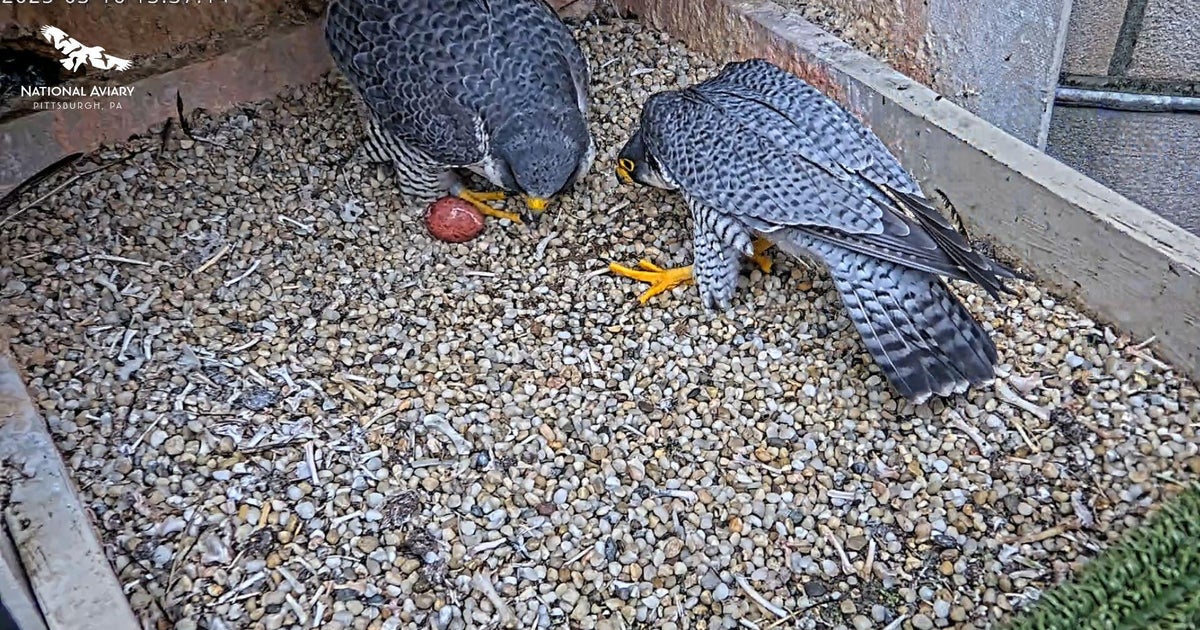NASA Rover Records Sounds From Mars
PASADENA (CBSLA) - The NASA Perseverance Rover has recorded over five hours of audio from Mars thanks to a set of microphones attached to the rover. Scientists out of the Jet Propulsion Laboratory (JPL) were among the first to listen to the audio.
Included in the audio, which you can listen to here, are the sounds of the rover wheels crunching on Mars' surface, gusts of wind and the spacecraft motors whirring as it moves its arm.
The Perseverance is not the first spacecraft to record audio from space, but it is the first to record audio from Mars. This audio data helps scientists learn about the changes in the planet's atmosphere thanks to a SuperCam instrument that was donated by Los Alamos National Laboratory in New Mexico and a consortium of French research laboratories from Centre National d'Etudes
Spatiales. The body of the microphones were donated by JPL.
As sound travels through the atmosphere, scientists can track "microturbulence" and shifts in wind.
"It's like you're really standing there,'' planetary scientist Baptiste Chide said in a statement. "Martian sounds have strong bass vibrations, so when you put on headphones, you can really feel it. I think microphones will be an important asset to future Mars and solar system science.''
This audio has already proven beneficial for NASA, as they were able to use sound as a means to analyze spacecraft maintenance, similar to how a mechanic would a car here on Earth.
The microphones allow scientists to listen to how sound propagates on Mars - since the atmosphere is less dense - higher pitched sounds are harder to hear. Using this data, NASA was able to pick up sound from an April 30 flight from the Ingenuity Helicopter as it flew by nearly 300 feet away.
The Perseverance Rover, nicknamed Percy, was launched from Earth on July 30, 2020 and landed February 18, 2021. Currently on Mission: Mars 2020, the rover's goal is to "seek signs of ancient life and collect samples of rock and regolith (broken rock and soil) for possible return to Earth," per NASA's website.
The rover's mission is far from over, as it isn't scheduled to return to Earth until 2031.
(© Copyright 2021 CBS Broadcasting Inc. All Rights Reserved. City News Service contributed to this report.)







